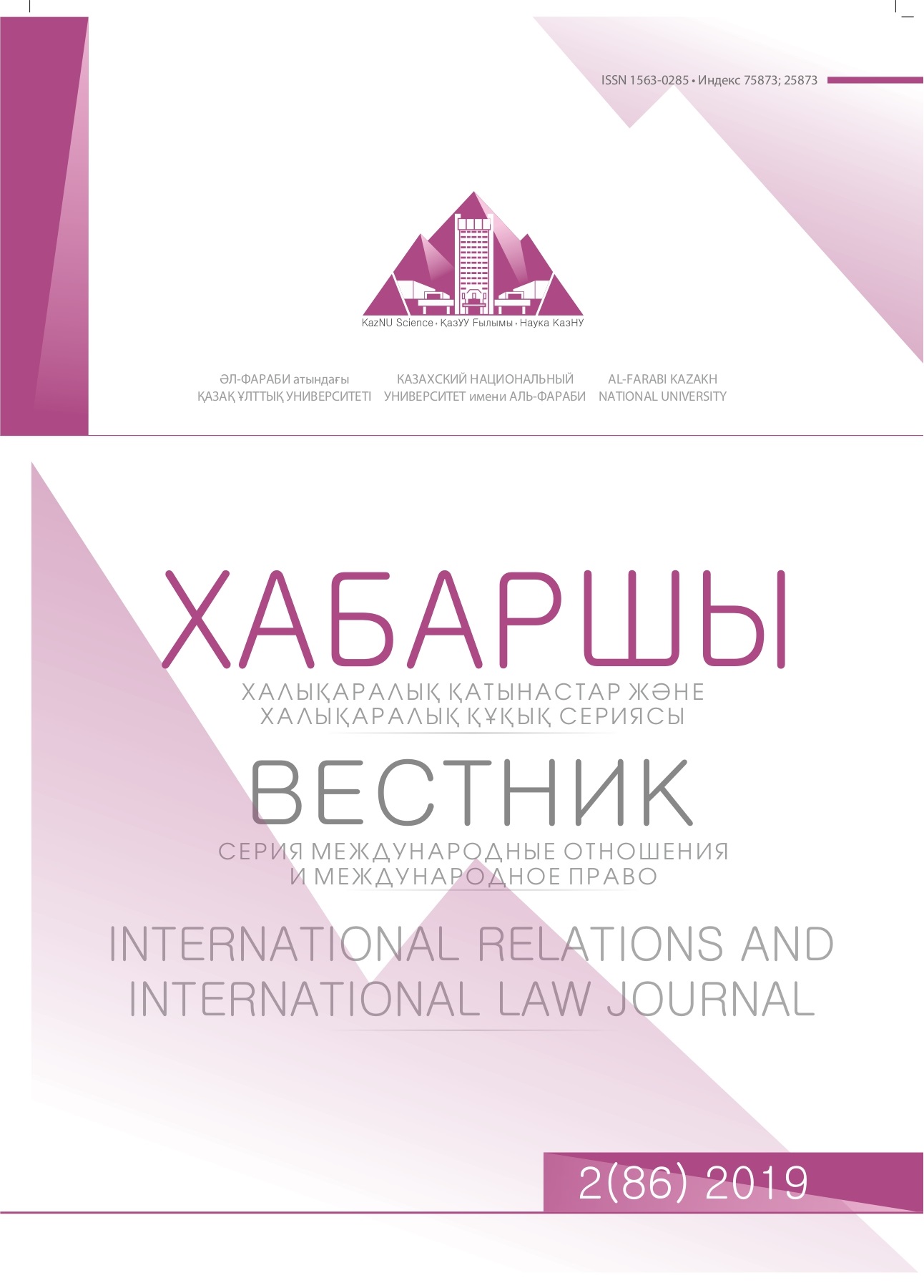The contribution of sustainable livelihoods analysis to understanding of poverty in the developing world
DOI:
https://doi.org/10.26577/IRILJ.2019.v86.i2.012Аннотация
The concept of Sustainable Livelihood (SL) is an attempt to go beyond the conventional definitions and approaches to poverty eradication. These had been found to be too narrow because they focused only on certain aspects or manifestations of poverty, such as low income, or did not consider other vital aspects of poverty such as vulnerability and social exclusion. According to the latest estimates, 10% of the world’s population lives on less than 1.90 dollars per day. Below the poverty line are many countries in the African continent, India, Mexico and others. It is now recognized that more attention must be paid to the various factors and processes which either constrain or enhance poor people’s ability to make a living in an economically, ecologically, and socially sustainable manner. The SL concept offers a more coherent and integrated approach to poverty. Based on the foregoing, the purpose of this study is to understand the concept of SL and its contribution to poverty eradication. The main objectives of the study are to study the multidimensional and dynamic understanding of poverty and the livelihood of poor people, and the analysis of approaches to SL and the dynamic aspirations of poor people. Also, it considers the relationship between SL and poverty reduction.
Key words: sustainable livelihoods, poverty, poverty reduction, rural areas of developing countries, vulnerability, poor people.














